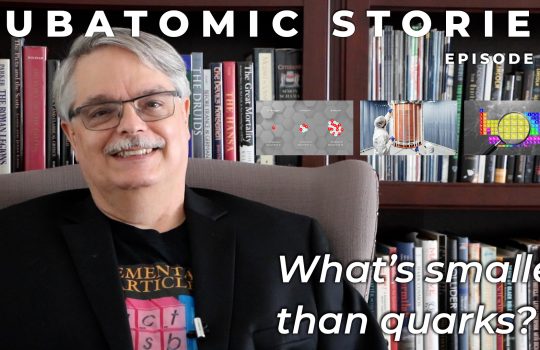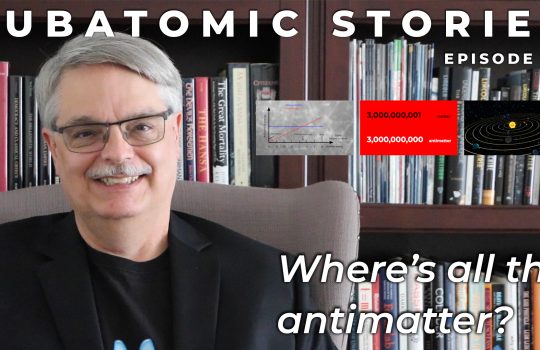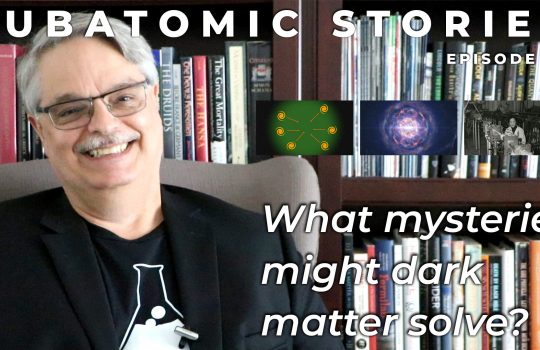Subatomic Stories: Before the Big Bang
Scientists have long called the expanding universe “the Big Bang,” but the term is confusing. Many people think the Big Bang is the name of the moment of the creation of the universe, but it’s really just the expanding phase. In this episode of Subatomic Stories, Fermilab scientist Don Lincoln explains some of the speculative ideas that have been proposed about the actual and literal moment of creation.



